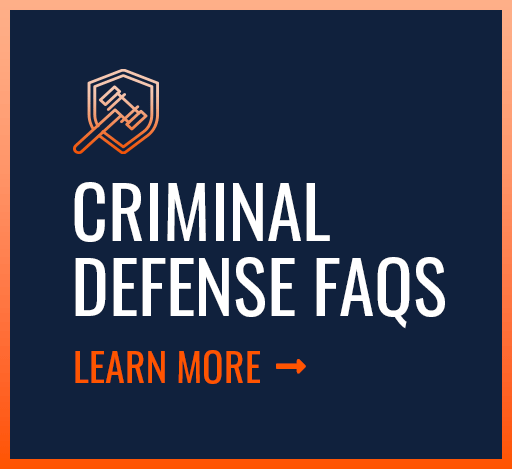Take Steps To Protect Your Rights And Your Future If You Receive An Order Of Protection
The legal team at Shifrin Law Group in Chicago is committed to protecting you against false or inflated allegations that lead to an order of protection. We have the knowledge and experience necessary to help. We are a team that is client-centered and results-driven. These types of petitions can lead to serious penalties. Therefore, it is important for you to have an experienced criminal defense attorney to help you navigate your legal future.
What To Know About Orders of Protection
An order of protection is a civil or criminal court order that can protect a victim of domestic violence, domestic assault, harassment or other types of abuse.
- In a civil case, the alleged victim – or petitioner – files an order of protection against his or her alleged abuser, the ‘respondent.’
- A petition for an order of protection can be obtained by someone who has been abused by a family member or a member of his or her household.
- The Illinois Domestic Violence Act defines a family or household member as current or former spouses, parents, children and anyone related by blood or related by marriage.
- Additionally, people who currently or previously shared a household, or people who are currently or who have previously been in a dating relationship, are considered family or household members under the Illinois Domestic Violence Act.
The Three Types Of Orders Of Protection In Illinois
In Illinois, there are three types of orders of protection: emergency orders, interim orders and plenary orders.
- Emergency Order of Protection: An Emergency Order of Protection (EOP) is a temporary order that lasts for a period of 14-21 days. This temporary order is intended to cover the time period before the respondent can be properly served. An EOP is issued by a court without providing notice to the alleged abuser when notice would likely cause more harm to the victim. This order includes a hearing date for a plenary order of protection that coincides with the expiration of the EOP.
- Interim Order of Protection: An Interim Order of Protection remains in effect for up to 30 days as is issued after a notice has been served to the alleged abuser or if the alleged abuser has filed an appearance with the court. This type of order is intended to cover the time period between the process of serving the respondent and a final hearing on the merits of the case.
- Plenary Order of Protection: A Plenary Order of Protection is a final order issued after the court has a full hearing on the merits of the case, wherein a judge is presented with evidence by both the petitioner and respondent. A Plenary Order of Protection is effective for a specified period of time contained in the order itself, not to exceed two years. However, the order of protection can be subsequently renewed, and the duration can be longer if there is an associated domestic proceeding. Typical remedies that are provided with a Plenary Order of Protection are “stay-away orders,” where the respondent is prohibited from coming within a certain distance of the petitioner, their residence, work, school or other locations. Other remedies include a civil no-contact order or a stalking no-contact order.
Violating an order of protection is a Class A misdemeanor, resulting in up to one year in jail, 24 months of supervision, conditional discharge or probation. Additionally, a fine of up to $2,500 can be imposed. A second violation can be a felony.
Get A Free Order Of Protection Consultation
We have experience in dealing with orders of protection and are here to help answer any questions you have about the process. If you are served with an order of protection or are charged with violating an order of protection, call us at 312-766-4223 and schedule a free consultation. You can also reach us via our online contact form. Our founding attorney speaks fluent Russian, making us capable of serving you in either the English or Russian language.

